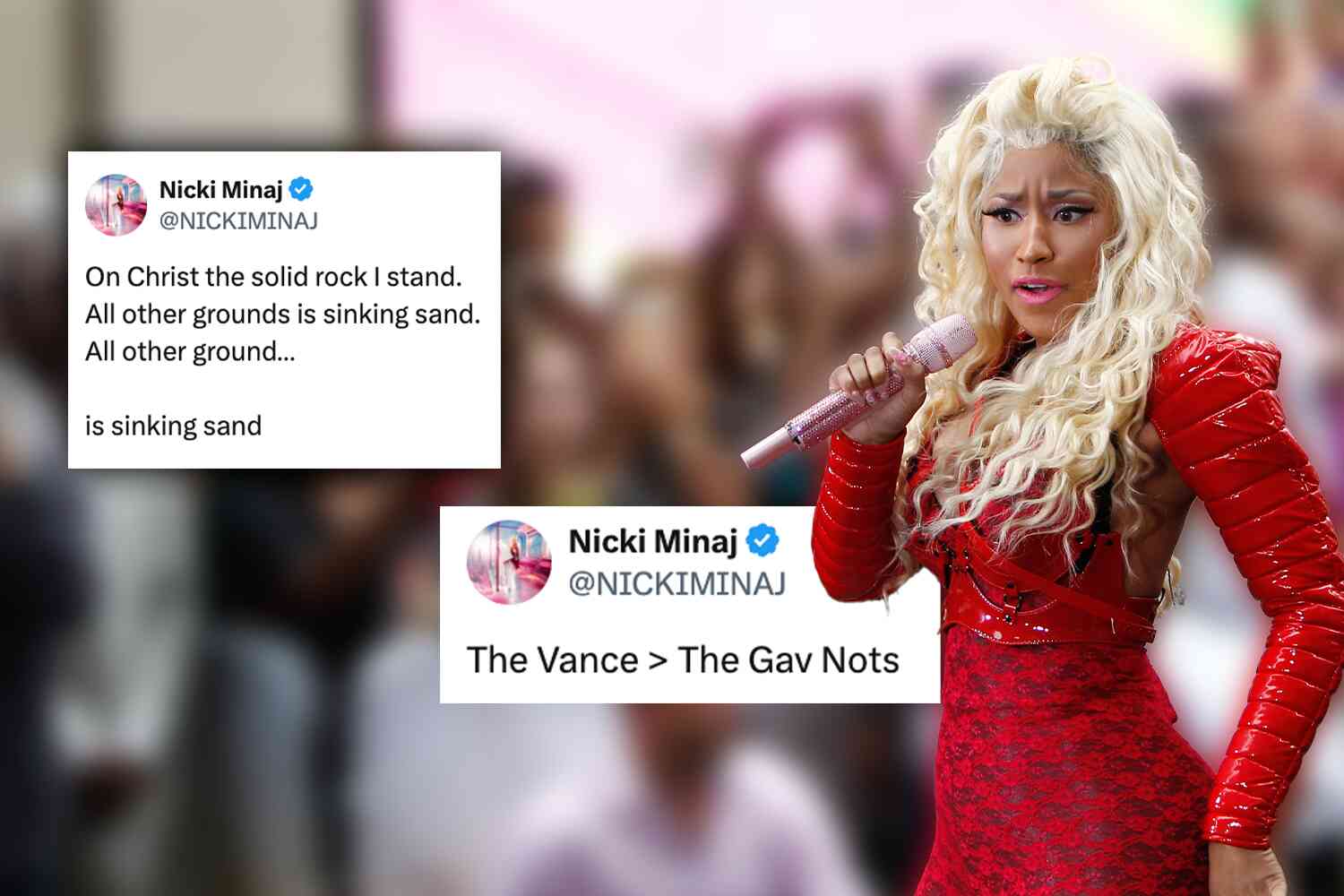It seems that nearly every month there is a new study published or a new poll released that purports to show a shockingly high percentage of young people embracing socialism.
Call me hopefully – and legitimately – skeptical of those claims.
Part of my suspicion stems from the fact that I have worked with young people every day for nearly 20 years, and despite all of the positive representations of socialism offered by the press, the ideology runs contrary to the inherent idealism of youth.
After all, there's a reason that historically, rebellions against totalitarian regimes (from Hungary to Tiananmen Square to the so-called Arab Spring) have been led by young people. It's an intrinsic characteristic of youth to desire freedom, autonomy, and a personal sovereignty over their destiny. Conversely, it's an intrinsic characteristic of socialism to hijack and consolidate power and control.
So what gives? Why do so many young people claim to be supportive of a belief system if they really don't like what it offers?
There are likely a multitude of factors at play, not the least of which is a bizarre fetish that cultural elites in Hollywood and the entertainment world have towards socialism and its promises. Maybe these stars don't realize that they would be the first to be targeted by a collectivist, redistributive state. Or maybe they feel obligated to support it out of their own prodigious guilt they feel for having become unjustifiably wealthy for seemingly little-to-no marketable skillset.
But whatever the reason, the glitterati's embrace of socialism and socialist politicians has an impact on the sector of our population most vulnerable to the lure of conformity. Yes, that's young people. No matter how much youth love to boast about their individuality, you will see virtually no dissent from the prevailing belief in their community that "Snoop Dogg is cool, and Ted Cruz is a blob fish."
Beyond that, there's another problem that right-leaning politicians have foolishly helped facilitate. Desperate to dismiss their opposition with scare labels, you'll find Republicans dubbing every Democrat as a socialist, and describing every Democrat policy as socialism. Jonah Goldberg recently pointed out the big problem with such an approach.
"There's a problem with calling stuff you disagree with ‘socialism' or ‘Marxism.' And the problem isn't just the lack of accuracy or honesty. Lots of stuff Democrats want to do is popular. If you tell people that, say, 12 weeks of paid parental leave is ‘socialism,' a lot of people will respond by saying, ‘More socialism, please.' If you think parental leave is bad – or good, but too expensive, or not the role of the federal government to mandate – it's better to make the argument than to simply use a word to anathematize stuff without making the argument. Demonizing labels work only among people who already buy into your definition of the demonic."
There's wisdom there.
Not long ago, I saw some data on the religious and moral views of Generation Z. That age group is overwhelmingly concerned with moral injustice. They care about poor people and the uneven distribution of income. They see greed as immoral, and possess a powerful impulse to rectify it. Far from there being anything concerning about those thoughts and ideas, I find it to be refreshing and encouraging.
Where it turns worrisome is when the data also reveals the overwhelming preponderance of these same young people profess to be moral relativists. They don't believe in a higher moral law that all men are accountable to, and are likely to agree with the sentiment that right and wrong exist in the eye of the beholder.
Are those two presuppositions – that moral injustice exists and that all morality is relative – contradictory? Without question. If there is no absolute, binding morality, then there is no such thing as absolute "injustice."
But such incongruity is hardly surprising to see from a generation that is rejecting God in greater numbers than any of its predecessors. If God doesn't exist, neither does reason, logic, consistency… or morality. Humanity is reduced down to a feverish struggle for power, and a worship of the state as the counterfeit deity futilely trying to fill the vacuum God has left behind.
It is far more common than not, when men stop worshipping God, that they start worshipping government in His place.
Now, put all this together. Young people are more likely than ever before to essentially see the government as a god. Those same young people want an end to the exploitation of the poor, to see greed eradicated, and to achieve economic sufficiency or prosperity for all. Is it that hard to guess what they will logically conclude is the only entity capable of delivering such lofty goals?
But all is not lost – not when you're dealing with a demographic whose natural impulse is to desire liberty and distrust authority. So, what's the best way to reverse the trend?
I'm no genius, but I have some thoughts, and I'll share them with you tomorrow.
Disclaimer: The opinions expressed in this article are those of the author and do not necessarily reflect the opinions of Not the Bee or any of its affiliates.









